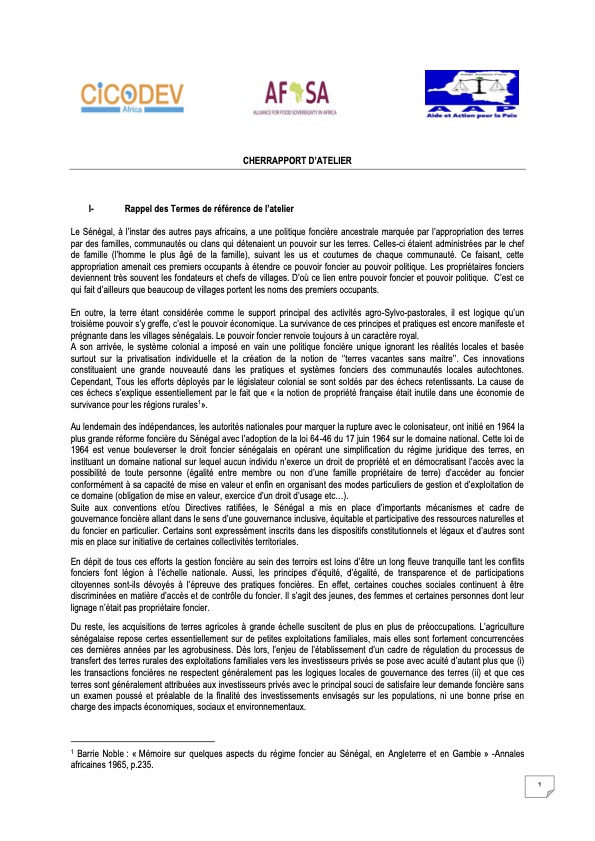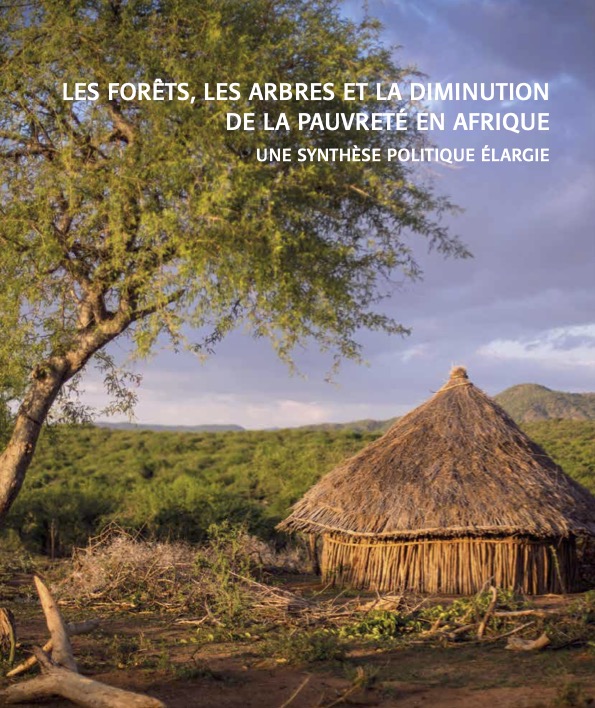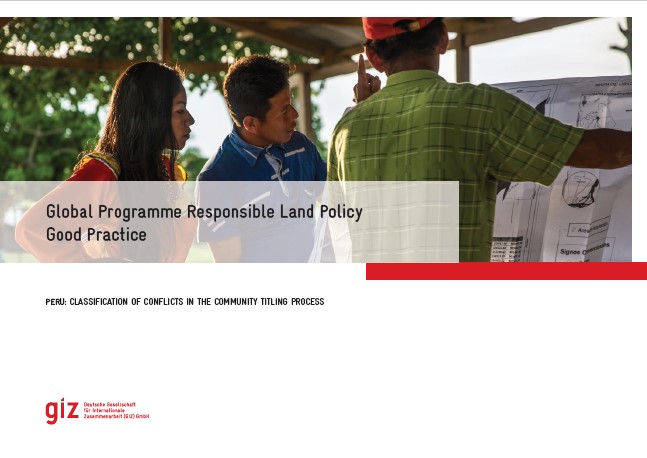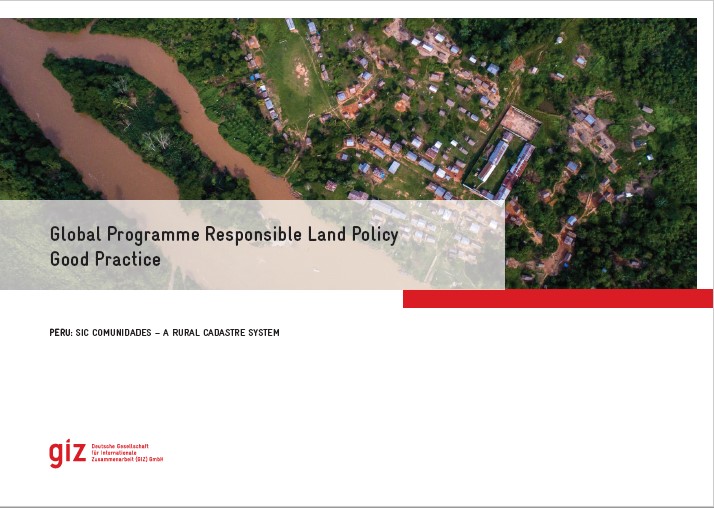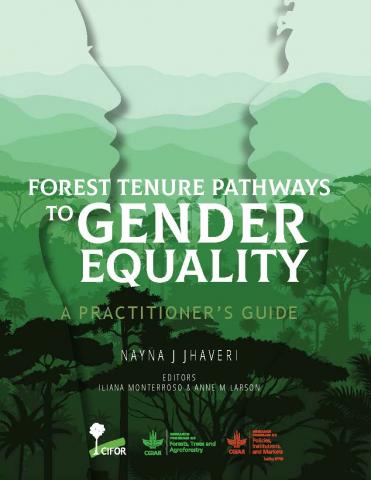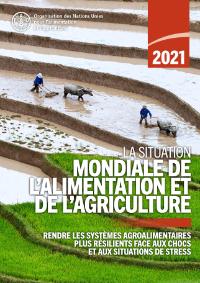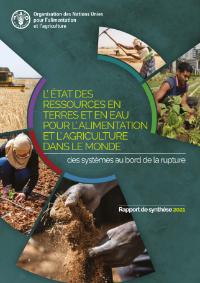Rapport d'atelier sur le foncier au Senegal
Au demeurant, bien accompagner et appuyer les communautés locales dans la défense de leurs droits fonciers suppose une bonne connaissance des mécanismes nationaux et supranationaux de protection des droits fonciers des communautés. Or, si les premiers sont connus et mobilisés par les acteurs et organisations dans le cadre de leur travail, les seconds restent encore largement méconnus et donc peu mobilisés dans la défense des droits fonciers des communautés locales.

